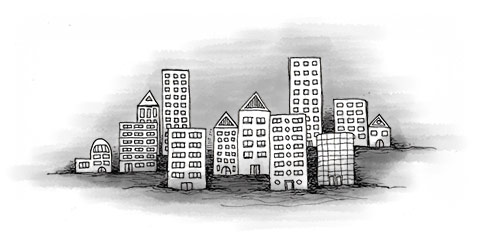In Indonesia, having household staff is part of daily life for wealthy locals and foreigners alike. Your staff will not only be an enormous help to you around your home, but will also serve as your first window into Indonesian culture, a sort of liaison between two worlds. At the same time, you will be providing much needed jobs and financial support to your staff.
There are certain things that you must consider before hiring help. For example:
- Do you have a large house?
- A large garden or pool?
- A small apartment?
- Do you have children?
For a single person, or a couple in a small apartment a part time live-out maid, plus a driver, will probably be adequate. However, for a family in a large house with a garden, a team of roughly 4 to 5 people is recommended to keep the house running smoothly. The division of duties is very flexible. In order to maintain a harmonious relationships amongst the staff it is recommended that you choose people from the same ethnic group, or to allow the most senior staff member, usually the cook, to give recommendations or advice on selecting the others.
The best way to find staff is through word of mouth from a good friend and work colleagues as you will have a personal reference to go by. Another way in which it is possible to hire staff is to check community bulletins for any expats leaving the area as recommended staff will then be looking for work. In this case, you will also be able to speak with the previous employer to ensure staff are trustworthy and good at their work. Bulletin boards can be found in many supermarkets, clubs and organisations frequented by the expatriate community. However, to ensure authenticity of information, it is recommended to choose staff from boards that are not accessible to the general public and are located inside the buildings of the clubs and organizations.

